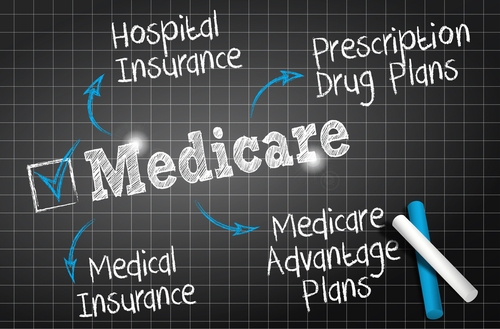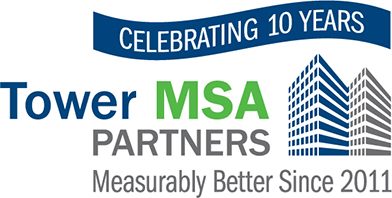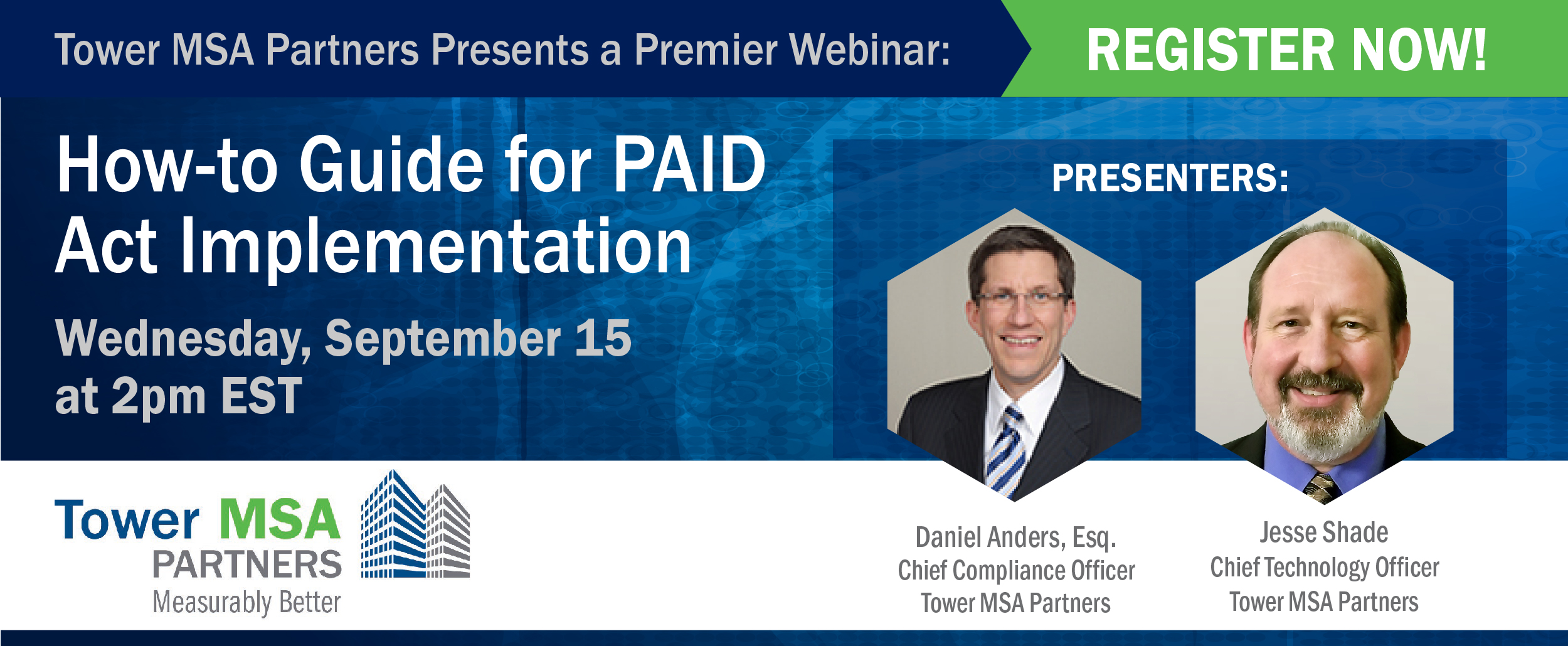Thanks to the Provide Accurate Information Directly (PAID) Act effective December 11, 2021, payers will have access to Medicare beneficiary enrollment status in Medicare Part C (Medicare Advantage [MA]) plans or Part D (prescription drug) plans. Enrollment information will be provided through the Section 111 query response file for the past three years.
Historically, workers’ compensation, liability, and no-fault insurance plans have had a difficult time trying to determine a Medicare beneficiary’s enrollment status in such plans as the current query response file only provides a yes or now as to whether the individual is enrolled in Medicare. However, as close to 40% of Medicare beneficiaries are enrolled in a Part C plan and over 70% are enrolled in a Part D plan, the potential for these plans to seek reimbursement from both payer and/or claimant is significant.
Currently, payers must ask the claimant to voluntarily provide Part C and D plan information which sometimes is never provided or is provided, but incomplete or inaccurate. Notably, Medicare beneficiaries can change plans every year, meaning in some cases many plans may have reimbursement rights over the course of a claim.
Of course, Medicare already shares Section 111 reporting data with the Part C and D plans, thus giving them the ability to seek reimbursement against a payer who may have no idea the claimant is enrolled in such a plan until they receive a demand for payment.
Great, But Now What?
Tower’s September 15 “How-to Guide for PAID Act Implementation” webinar explained how the PAID Act affects payers, the differences in recovery processes, and the new reports Tower is creating to make life easier for its clients. If you missed the webinar, contact me at Daniel.Anders@towermsa.com to request the link because there’s a lot of information.
The Section 111 query response data received from the Benefits Coordination & Recovery Center (BCRC) is changing in a big way. There are 244 new data fields. Parts A, B, C, and D will have the most recent effective dates and termination dates. Part C and D will have most recent and previous plan(s) data, up to three years of data. This will include not only the plan name, but also contract number, enrollment date, termination date, benefit package number and plan address.
Payers can receive and store this data themselves or, for Tower reporting clients, we will store it for our clients who can then obtain the data via Tower’s Section 111 portal. In other words, it is the payer’s choice whether to receive this information.
Tower will also create PAID Act-specific reports around the new data, accessible through our S111 Management dashboard. These will be:
- Most Recent Medicare Effective and Termination Parts A, B, C, and D
- All Part C data
- All Part D data
Now, the Centers for Medicare and Medicaid Services will only provide the past three years of data, but Tower will store data beyond three years for use by our clients on claims which remain outstanding past that timeframe.
Handling Recovery
Based on the MSP statute and regulations and court decisions the Part C and D plans have a right of recovery against the primary plan and all those who receive payment from that primary plan, such as the claimant and the claimant’s attorney. In some cases, a claim for reimbursement will be issued by the Part C or D plan without initiating an inquiry. Payers should use the contact information from the Section 111 data to initiate a query with the plan(s) to determine whether they have a reimbursement claim.
There are several differences among CMS recovery through Part A and B (Original Medicare) and Parts C and D recovery.
- Part C and D plans cannot access the Medicare Secondary Payer Recovery Portal (MSPRP)
- Debt collection is not split into two recovery contractors (Commercial Repayment Center (CRC) and BCRC), however, these plans might contract out their recovery efforts.
- The C and D plans also cannot refer debts to the U.S. Treasury Department; they must file suit instead.
- In our experience, Part D and C plans have significantly less unrelated charges on their claims for reimbursement compared to CRC and BCRC.
- Appeal rights are only held by the claimant unlike with Original Medicare conditional payment demands where an appeal right is also held by the payer.
Considering the above, on balance, while identifying the plan and obtaining the reimbursement claim may be a bit more difficult, Part C and D claims for reimbursement tend to be easier to resolve compared to demands from CMS’s recovery contractors.
Guidance for Addressing Part C and D Reimbursement
The following is recommended to properly resolve Part C and D reimbursement claims at time of settlement:
- Identify if the claimant is a Medicare beneficiary and enrolled in a Part C or D Plan
- Identify If the claimant was ever enrolled in traditional Medicare; if so investigate conditional payments with CRC and BCRC
- Investigate with Part C or D plan whether it is seeking reimbursement and obtain a letter itemizing reimbursement claims.
- Negotiate with Part C or D plan to remove charges unrelated to work injury or where there is a reasonable basis to dispute. These plans largely use the same dispute and appeal criteria as CRC/BCRC
- Contact plan at time of settlement to confirm final amount owed
- Resolve case with clear understanding of how plan will be reimbursed
Keep in mind that the PAID Act in no way changes Part C and D reimbursement rights nor puts any additional obligations on these plans that did not already exist prior to its passage. Nonetheless, access to plan information by payers will undoubtedly lead to a greater emphasis on contact with the plan prior to settlement. Payers should make use of this data to query the plan and identify and resolve reimbursement claims at the time of settlement.
Whether you’re ready to implement the PAID Act or not, Tower is. In fact, we’re in front of it, building out our systems, creating reports to add to our year-old S111 Management Dashboard. We’ve been watching pending legislation and posting on it all along, thinking about how it could affect you and planning for the future.
As always, if you have questions about the PAID Act or anything else MSP or MSA related, please contact me at Daniel.Anders@towermsa.com or 847-946-2880.
There’s no better time to let Tower manage your Section 111 reporting. Contact Hany Abdelsayed for the details. Hany Abdelsayed, hany.abdelsayed@towermsa.com, (916) 878-8062.









 Building a Better Tower – Through Technology
Building a Better Tower – Through Technology
